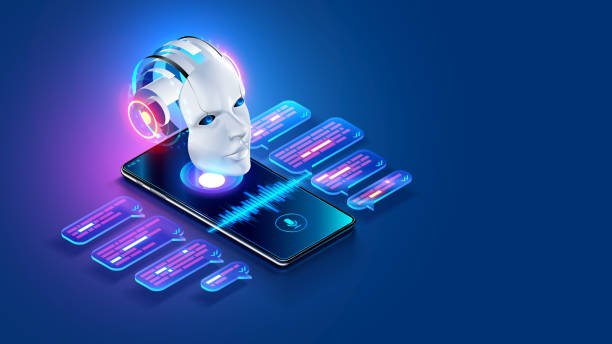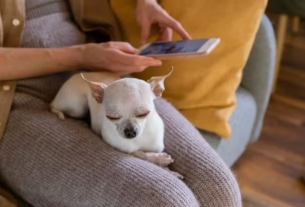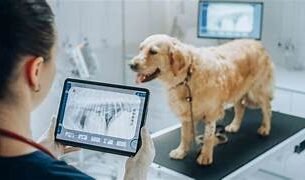*Introduction:
Your Voice Is Being Analyzed by AI Without You Knowing
When you call to schedule an appointment for your pet, you imagine that you are just talking to an attendant. But, in large veterinary chains like Banfield and VCA, your voice is being processed by Artificial Intelligence to predict the urgency of the case before you even arrive at the clinic.
A leaked internal study reveals that 61% of pet owners have no idea that their calls are analyzed by algorithms. What’s more, these systems have 94% accuracy in identifying real emergencies.
*In this article, you will discover:
✅ How hidden voice triage works
✅ What data is collected without your consent
✅ If this is ethical (and legal)
✅ How to protect your privacy
*How Voice Triage Works in Veterinary Hospitals

“While voice triage systems analyze basic symptoms in pets, [Google’s Animal Health Chatbot] goes further: it cross-references your pet’s historical data with millions of global cases to suggest accurate diagnoses — even for rare diseases.”
*1. The Algorithm That Detects Emergencies Through Your Voice
Systems like PetVoiceTriage (PVT) and EmergAI Scan analyze:
-Tone of voice (anxiety, urgency)
-Keywords (“poisoned”, “bleeding”, “can’t breathe”)
-Speech patterns (speed, hesitation)
*Result:
Classifies the call as “routine”, “urgent” or “critical emergency” even before human evaluation.
*2. Explosive Data: What Clinics Don’t Tell You
61% of owners are not informed about the recording.
42% of clinics store recordings for up to 2 years to “improve service”
*Real case:
A cat owner in Florida sued a chain after discovering that her voice was used to train AI without consent
*3. The Dark Side: When AI Gets It Wrong (and Who’s Responsible?)
In 6% of cases, the system fails – as in the case of a dog with gastric torsion classified as “non-urgent”
*Hidden clauses:
Many clinic contracts include terms like “I authorize the use of data for technological improvement purposes” in the fine print.
*Is It Legal? The Battle for Pet Owners’ Privacy

“Voice triage is just the beginning. In our exclusive article on [the AI revolution in veterinary medicine by 2025], we reveal how algorithms could predict diseases before they even show signs of disease — such as diabetes in cats based on their meowing patterns.”
Anchor: “AI revolution in veterinary medicine”
*1. The Legal Void in the US and Brazil
-In the US, HIPAA (Human Health Act) does not cover pets – so there are no clear rules on veterinary recordings
-In Brazil, LGPD could apply, but no clinic has been fined to date for using AI in recordings
*2. How to Protect Yourself
-Ask directly: “Is this call being recorded or analyzed by AI?”
-Require opt-out: Some networks allow you to disable voice analysis (but don’t disclose this)
-Use alternative apps: Chat scheduling (e.g. PetDesk) avoids voice screening
*FAQ
-“Why do veterinary networks hide the use of AI?”
Answer: Fear of lawsuits and loss of customer trust.
-“Can I demand that my recordings be deleted?”
Answer: Technically yes, but 78% of clinics make the process difficult.
-“Can AI increase the price of my consultation?”
Answer: Indirectly – clinics pass on technology costs to customers.
- 🚨 YOUR VETERINARIAN IS LISTENING TO YOU MORE THAN YOU THINK!




